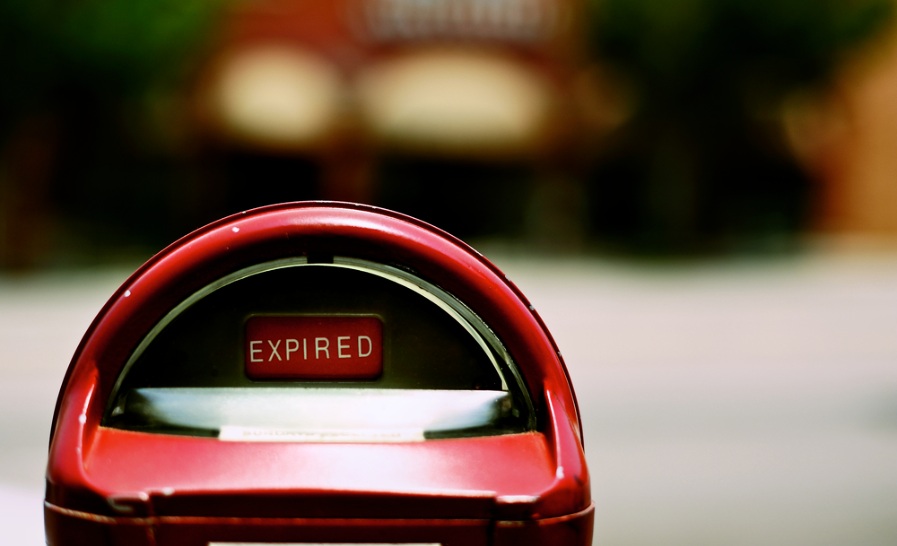
This has got to be one of the most compelling use cases for mobile payments: paying for parking.
[aditude-amp id="flyingcarpet" targeting='{"env":"staging","page_type":"article","post_id":526288,"post_type":"guest","post_chan":"none","tags":null,"ai":false,"category":"none","all_categories":"business,mobile,","session":"A"}']In San Francisco, mobile payments for parking are handled by PayByPhone.
Unlike most mobile payments services, it solves three real problems:
AI Weekly
The must-read newsletter for AI and Big Data industry written by Khari Johnson, Kyle Wiggers, and Seth Colaner.
Included with VentureBeat Insider and VentureBeat VIP memberships.
- Many meters in San Francisco still don’t take credit cards; with PayByPhone, they all do. Finding quarters at the last second can be a challenge.
- The app keeps track of the time remaining. When a meter is about to expire, it alerts the user.
- It truly takes advantage of mobile. Instead of having to stop our conversation, walk to the meter, put in some coins, and walk back, Greg was able to add time to his meter with a few clicks.
That’s a much better return on effort for users than, say, a mobile payments app like Square, which replaces the marginal inconvenience of swiping a credit card with fumbling through a mobile app. (The barista at the coffee shop pointed out that although Pay With Square was cool, in many cases it took longer than normal transactions because people were unfamiliar with the app. Some even held up the line as they downloaded the app at the register.)
It’s also a use case where the alternative is quite painful: a ticket for $62 or $72 for parking at an expired meter.
It’s still early in the mobile parking game, so there are bugs. I’ve tried using mobile payments in New Orleans and Los Angeles to pay for parking meters from my hotel room when I parked on the street overnight. In both cases, the meters weren’t in the system.
In Washington, D.C., I parked and paid with the Parkmobile app, but returned to find that my rental car had a ticket on it. Because the mobile apps don’t update the display on the meter, the meter maid just saw that it was expired and issued a ticket. (The meter reader has to check a second device in order to verify a parker’s payment status.) A few emails to Parkmobile and the ticket was dismissed. That’s a problem that should resolve itself as more people use the technology and meter maids become accustomed to verifying the paid license plate numbers. Alternatively, the ticketing machines could hit the parking app database before issuing a ticket.
There is a potential threat to the mobile parking meter: greed by municipalities. Because the systems are keyed to license plate numbers, if you have outstanding violations, it’s possible that by parking and paying, you’ve just alerted authorities to where they can tow you car. Although DC hadn’t integrated its ticketing systems to prevent invalid tickets, apparently it has integrated its outstanding violations with the parking app. I read one report of a car being towed after paying with a mobile app.
[aditude-amp id="medium1" targeting='{"env":"staging","page_type":"article","post_id":526288,"post_type":"guest","post_chan":"none","tags":null,"ai":false,"category":"none","all_categories":"business,mobile,","session":"A"}']
But if you don’t have outstanding tickets, it’s a remarkable convenience and an indication that mobile payments will happen. It’s a matter of applying the technology where it makes sense, not forcing it unnaturally into experiences that already work well.
[Top image credit: Daniel Kuykendall/Shutterstock]
VentureBeat's mission is to be a digital town square for technical decision-makers to gain knowledge about transformative enterprise technology and transact. Learn More
